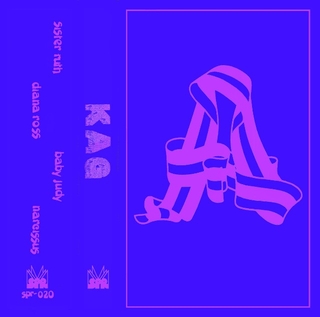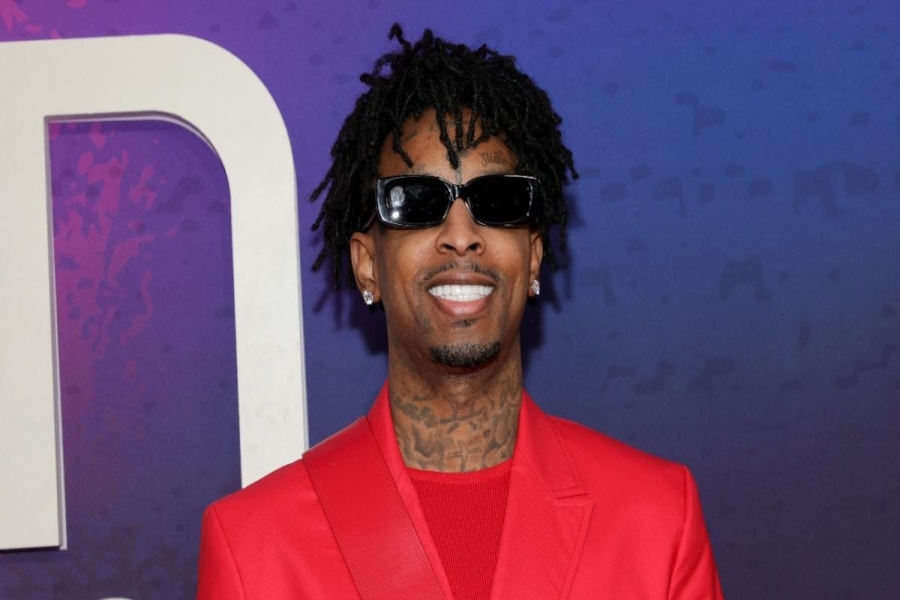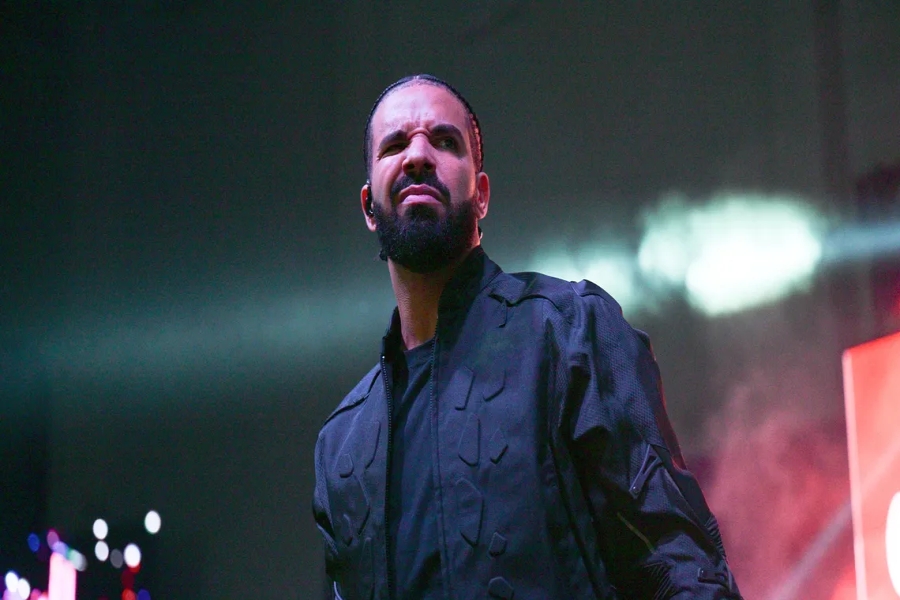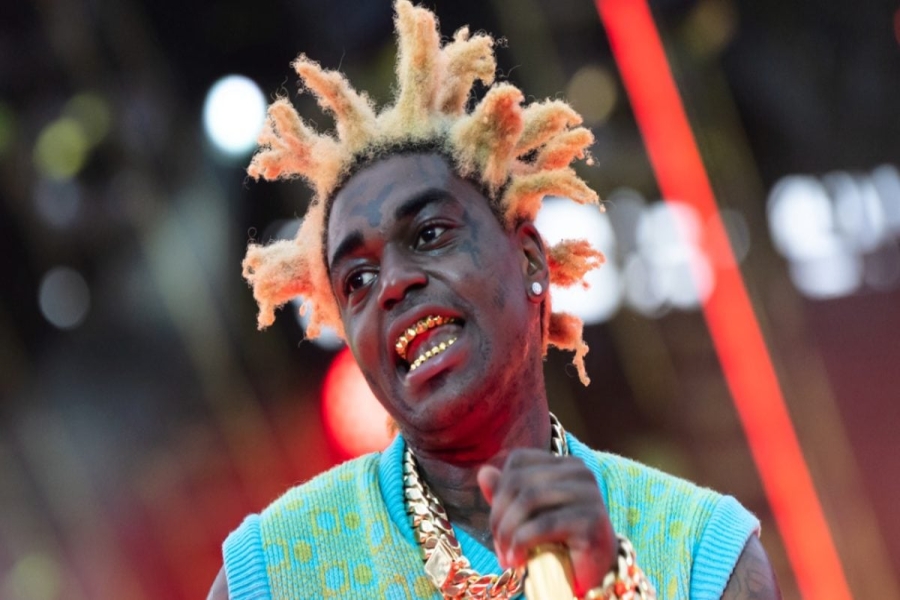These Systems Are Failing is Moby’s most furious album in twenty years, a return to his hardcore days, but it's still oddly cold and routine.
Moby’s thirteenth album comes packaged with a 28-page booklet, which might lead you to expect Richard Melville-Hall’s most long-winded liner-notes broadside to date. But instead of railing against the sort of hot-button issues he has addressed in releases past—Christian hypocrisy, say, or mass incarceration or factory farming—we get page after page of the man’s photography and the lowercase statement “these systems are failing” every so often atop images of graveyards, airplanes, a family with golden skin, and what might be a “Bojack Horseman”-themed pool party at Moby’s old castle in the Hollywood Hills (though he’s since downsized).
These Systems Are Failing is Moby’s most furious album in twenty years, since he neatly derailed his electronic career with the righteous punk spurt of Animal Rights back in 1996. Mission of Burma covers might have befuddled ravers ready for the E rushes of “Move (You Make Me Feel So Good)” and “Go,” but it hearkened back to Moby’s own heritage, growing up a punk in New York City in the early ’80s. In circling back to shout-along raucous punk two decades and many real estate deals later though, there’s not much grist for Moby’s mill.
It’s an angry album, which in this case means Moby is running drum machines through banks of distortion and sullying up every synth line with fuzz, tempered by the kind of pressurizing rhythm guitar lines redolent of Joy Division and post-punk. A drum beat not unlike “Take on Me” opens “Hey! Hey!” paired to a hornet’s nest of guitar and synth. It’s a promising enough start, if only it didn’t just nosedive into a chintzy melody that even a fist pump-along chorus of “Hey! Hey!/Look how they hang us out to dry” can’t resuscitate. Feverish guitar noise and club-loud toms give urgency to “Break.Doubt,” with Moby doing his best Ian Curtis deadpan, but he can’t help but fall back on facile production choices, like simply making everything louder and layering his voice so that you hear an imaginary mosh pit of fake sweaty Mobys pogoing.
As long as you don’t cringe at the overused “Los Angeles” vocal sample and gospel turn by the Void Pacific Choir, the best balance Moby strikes is between the 90’s breakbeat and throwback acid line on bonus track “Almost Loved.” But no matter the song and level of outrage, Moby can’t seem to get beyond the presets that Trent Reznor outgrew around Pretty Hate Machine nor the new romantic/ goth vocal delivery that –regardless of the levels of distortion on his voice—always makes him sound like a dour Count Chocula.
Moby’s lyrics lash out at planetary polluters and capitalist greed, but he saves his most acute anger not for these faceless systems of power, but for those who personally embody love lost for him. He lashes out at the girl who lied to him on “And It Hurts,” the one who walked away on “Don’t Leave Me,” not to mention the one who he accuses of giving him an insufficient love that “was old and looking back” on “A Simple Love.”
It may be too far along to inform Moby that the conceit of a simple love is delusional and misplaced, that any romantic break-up requires a long gaze in the mirror and not just yelling about perceived slights. Maybe this sense of hurt and mistrust would be more palatable if it were distinguishable from his rage against the machine. It’s hard to sit through lines about “Selling off heaven for a perfect hell” and corporate greed when he himself opened the floodgates. Selling every last second of an album to multiple advertising campaigns (Play), peddling bottle service-style club music as nostalgia,not to mention partnering with the same luxury hotels that now litter the city. Moby’s own rising economic fortunes mirrored that of Manhattan, so his bald embrace of “the city’s absurd cult of money” is what he now blames for ruining New York’s creative culture, exculpating himself in the process. Moby’s indignation just sounds like Walrus and Carpenter-level tears of rage. Rather than feel cathartic or caustic, it’s oddly cold and rote.








